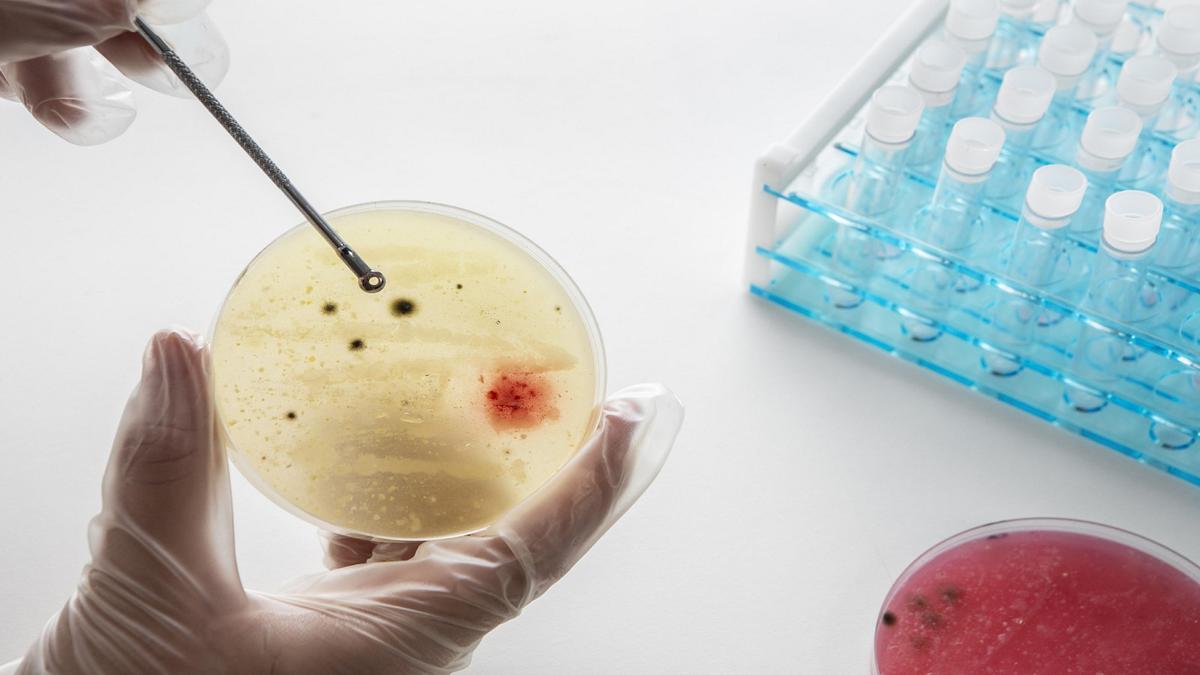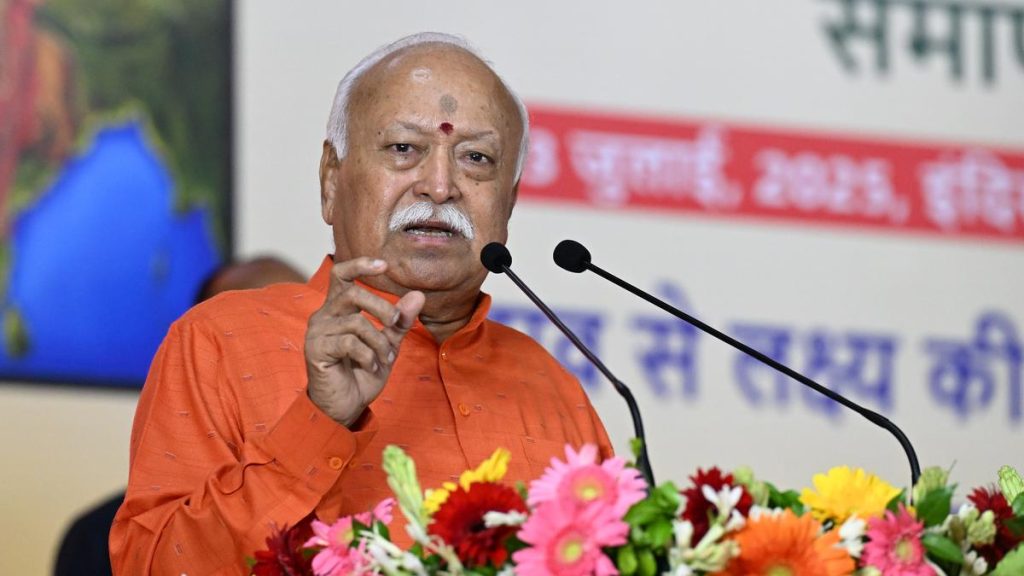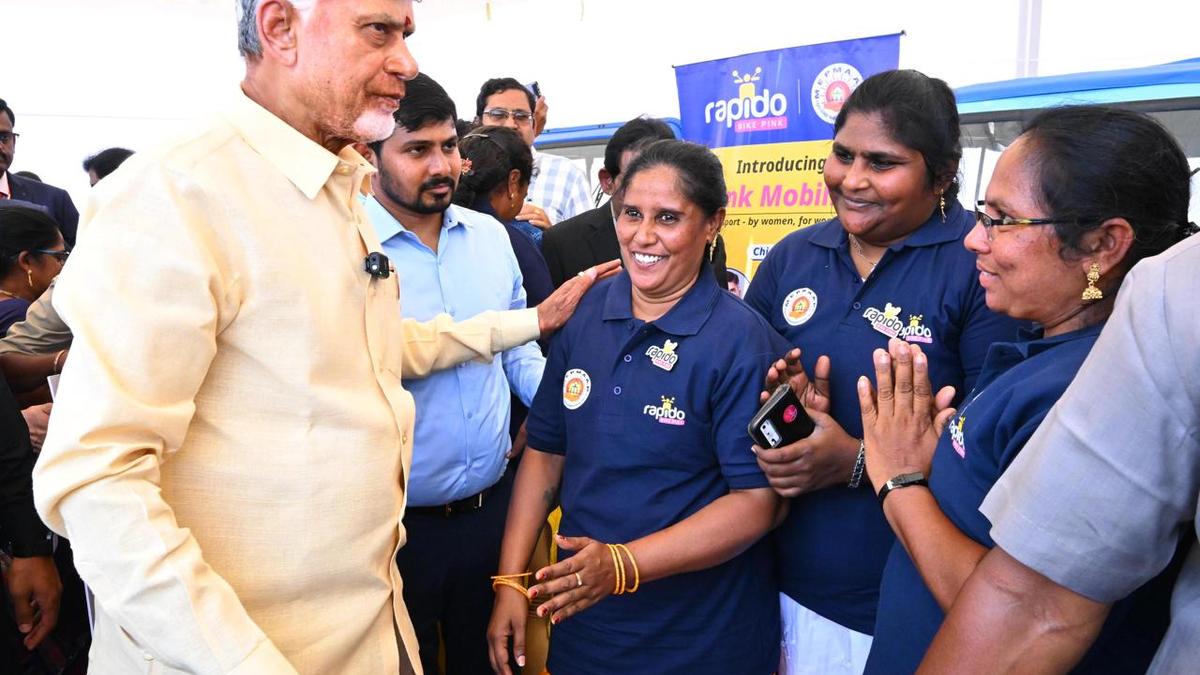Now Reading: IIT Bombay Researchers Harness Microbes to Decode Nature’s Secrets
-
01
IIT Bombay Researchers Harness Microbes to Decode Nature’s Secrets
IIT Bombay Researchers Harness Microbes to Decode Nature’s Secrets

Quick summary
- Researchers at IIT-Bombay, led by Prof. Supreet Saini, studied microbial evolution using Escherichia coli (E. coli) and Saccharomyces cerevisiae (yeast).
- The study tested whether microbes are influenced not only by nutrient type but also by the way nutrients are “served.”
- Experiment involved chemically related sugars: glucose, galactose, lactose, and melibiose presented differently across groups of microbes.
- over 300 generations, microbes evolved distinct adaptive paths:
– In E. coli: One group grew faster; another produced more biomass.
– Yeast populations similarly diverged due to genetic mutations.
- Transferring evolved microbes into new nutrient environments revealed consistent pleiotropic responses-adaptations in one environment influenced performance predictably in others.
- Findings suggest evolution balances unpredictability with underlying constraints and adaptability.
- Applications include designing efficient microbial strains for food or biofuel production and exploring strategies to combat antibiotic resistance.
Indian Opinion Analysis
The IIT-Bombay research underscores a fascinating aspect of evolutionary biology-how incremental changes in environmental factors like nutrient presentation can drive entirely different adaptive outcomes over time. This insight has broad implications for India’s evolving scientific landscape. For industries such as pharmaceuticals, biofuels, and agriculture-sectors highly reliant on microbial engineering-the ability to strategically guide evolutionary paths could lead to more efficient processes and innovative products.
Furthermore, the potential application against antibiotic resistance aligns with pressing global health concerns while reflecting India’s growing capacity for contributing solutions in biotech research areas crucial both domestically and globally. while foundational work remains underway before practical implementation emerges from these studies, it demonstrates India’s maturity as a player pursuing advanced interdisciplinary science that combines biological principles with technological applications.























